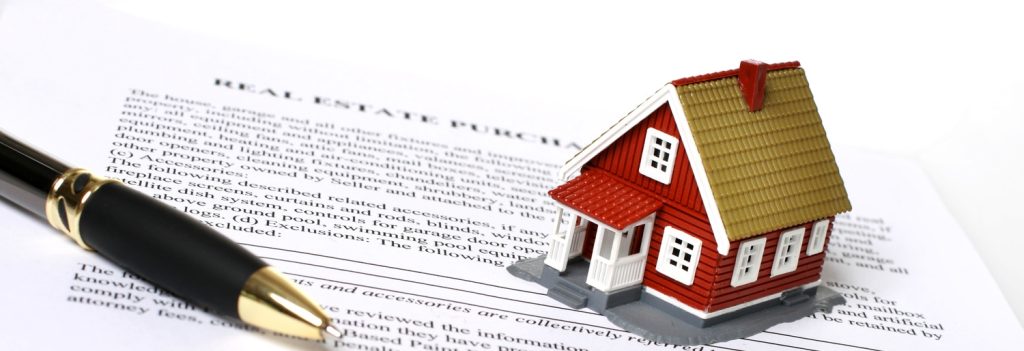Property disputes can be a complex and lengthy process requiring specialized knowledge and expertise to ensure a favorable outcome. When a dispute arises property lawyers are often consulted to assist in resolving the issue. In this article, we will explore the role of Property Lawyers in Melbourne in property litigation and dispute resolution.
Introduction to Property Litigation and Dispute Resolution
Property litigation and dispute resolution refer to the process of resolving conflicts related to real estate transactions. These disputes can arise due to a wide range of reasons including boundary disputes, easement disputes, construction defects, landlord-tenant disputes and zoning issues. Property disputes can be costly and time-consuming and they can have a significant impact on the value of the property in question.
Property Lawyers and Property Litigation
Property lawyers play a crucial role in property litigation. When a dispute arises property lawyers can represent clients in court, mediations, and arbitrations. They can also advise clients on their legal rights and obligations and guide how to proceed.
Property lawyers can also help clients to negotiate a settlement or agreement with the other party. This can often be a faster and more cost-effective way of resolving a property dispute so the property lawyer can act as a mediator or negotiator to help the parties reach a mutually acceptable resolution.

One of the essential roles of property lawyers in property litigation is to conduct legal research and analyze complex legal issues related to the dispute, therefore property lawyers in Melbourne must have a deep understanding of real estate law and regulations as well as related areas such as contract law and tort law. This knowledge enables property lawyers to provide clients with accurate and effective legal advice.
Property Lawyers and Dispute Resolution
In addition to property litigation property lawyers also play a critical role in dispute resolution. Dispute resolution refers to the process of resolving conflicts outside of court, this can include mediation arbitration and negotiation.
Mediation is a process where a neutral third party helps the parties reach an agreement. In mediation, the mediator does not make a decision but rather facilitates communication and negotiation between the parties then property lawyers can act as mediators or represent clients in mediation.
Arbitration is a process where an arbitrator makes a binding decision on the dispute, so property lawyers can represent clients in arbitration or act as an arbitrator. Arbitration can be a faster and more cost-effective way of resolving a property dispute than going to court.
Negotiation is a process where the parties try to reach an agreement without the involvement of a neutral third party, property lawyers can represent clients in negotiations or guide how to negotiate effectively.


